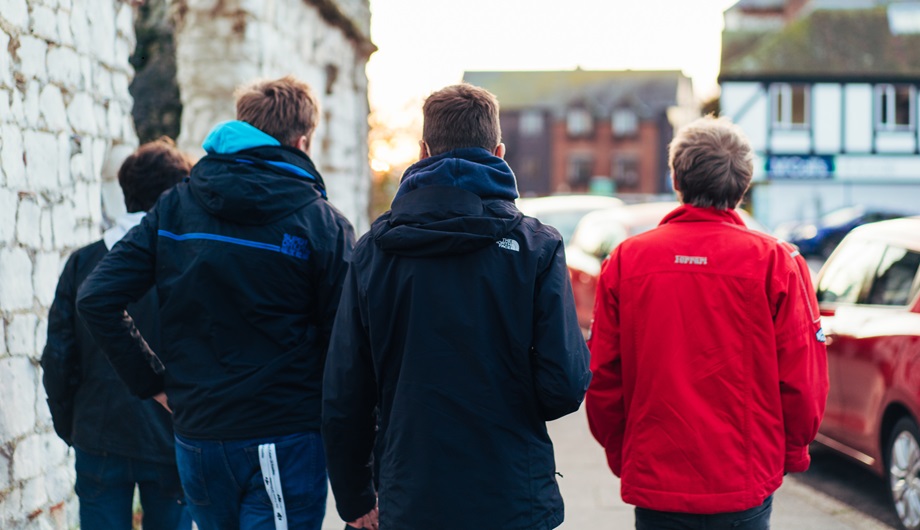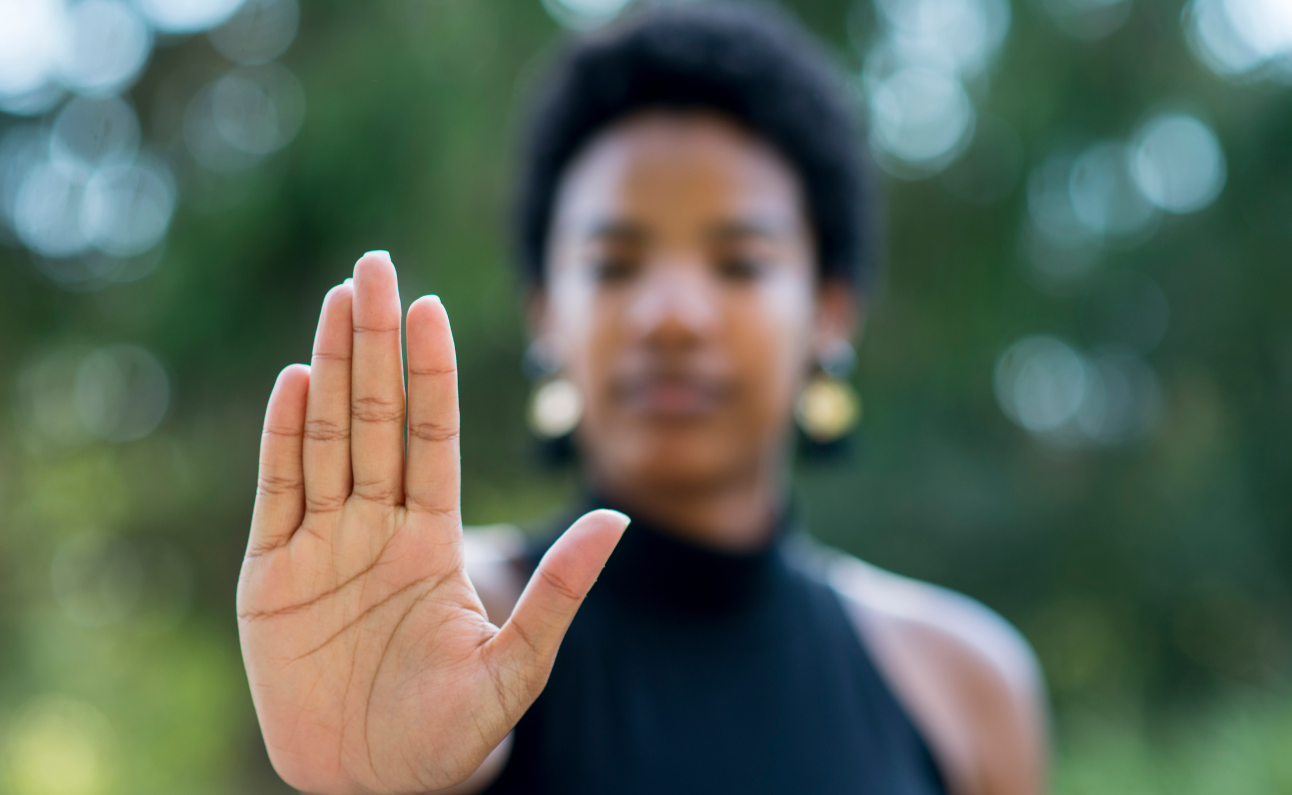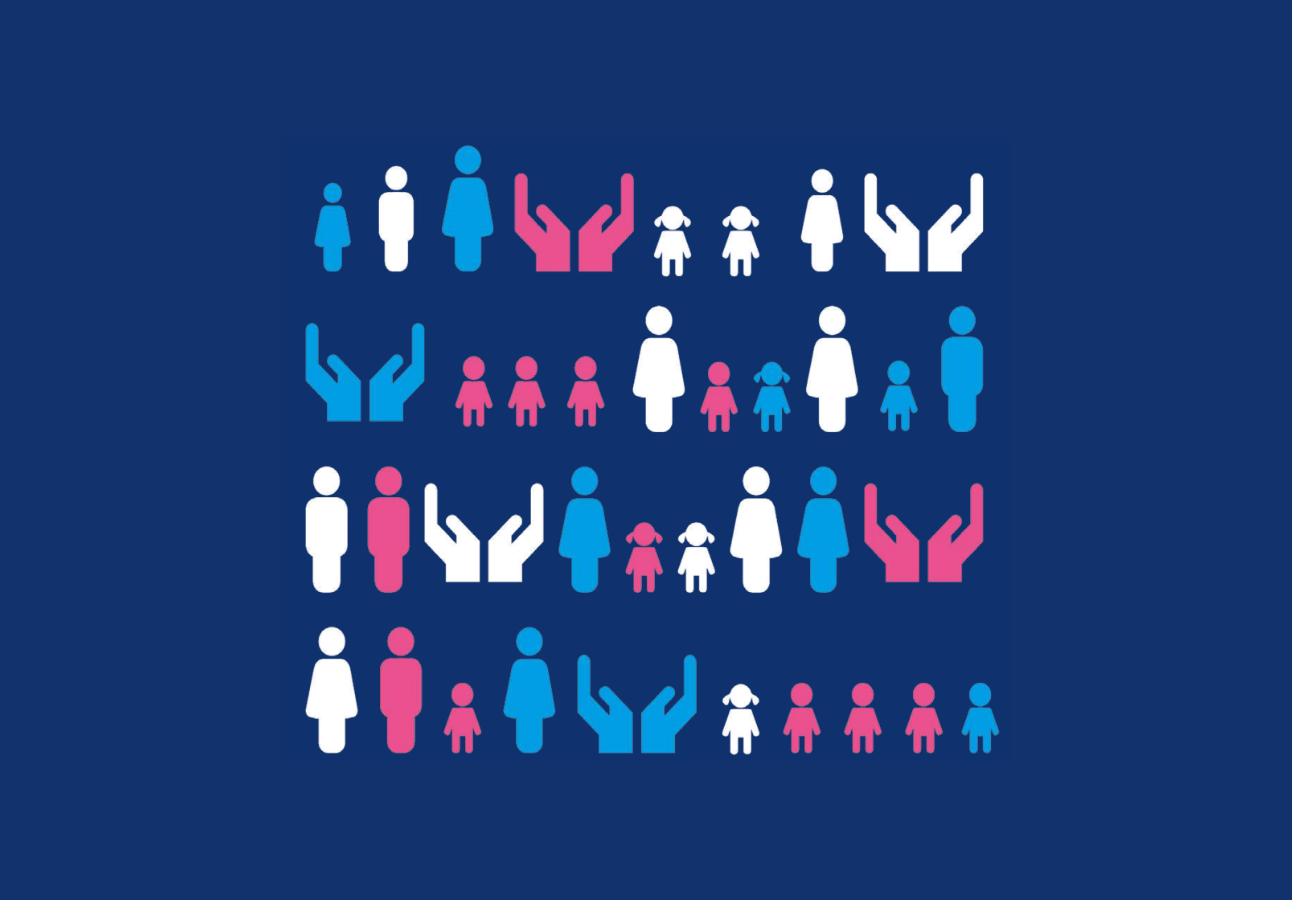
Opening up the conversation: why engaging men and boys is so important
Josh Taylor is a Research Analyst at SafeLives, working primarily on Drive which addresses the behaviour of high-harm perpetrators. Josh shares his own experience of domestic abuse and talks about his work as the research lead on a new project gathering the voices and experiences of men and boys.
I’ve been working in the research team at SafeLives for more than five years. When I started I didn’t know much about domestic abuse. I knew what it was, but I wasn’t aware of the sheer scale of the problem. Every year, it’s estimated over two million adults in the UK suffer some form of domestic abuse. I have learnt so much working in the sector and continue to learn even now.
When I decided to write this blog, I mentioned it to my mum. She had been in an abusive relationship when I was about 10. It’s odd, because even though I have been working in the sector for so long, I have never really thought of this as my story, or how it may have affected me.
The abuse that we suffered was mainly coercive control. Everything was fine before we moved in. Then the little digs started. He always had to be the ‘big man’ and wanted me and my brother to be the same. He was also an alcoholic, and when we moved in his drinking got worse, to the point where he would be driving us places while drunk. The final straw came when he tried to use me and my brother against our mum. We had been due to go on holiday, but my mum no longer wanted to go due to his drunken behaviour. When mum was out he tried to convince us that she was evil, that she was the reason for the arguments and she was the reason we weren’t going on holiday.
My mum found out about this and told us that we didn’t have to live like this, we can leave if we want to. So we did. Mum phoned our grandad and he came and picked us up. We stayed with my grandparents for a few days, and then lived with friends for two or three months while my mum tried to find us somewhere to live.
The strange thing is I barely remember any of this. I have two memories from this time: one of my mum shouting at him, clearly in distress, and the other of us waiting outside for my grandad to arrive. With both memories I don’t know what happened before or after. Because I couldn’t remember, I’ve never really stopped to think about how this experience might have affected who I am today.
I believe that domestic abuse is a societal issue, and it is only by working together that we will be able to make the changes needed to end domestic abuse for everyone. That’s why I’m so excited about the new strategy that SafeLives has set out on, and why I’m particularly excited about this new project.
Through this project we’ll be starting a conversation with men and boys. We know that we cannot reduce harm and end domestic abuse without bringing men and boys into the conversation. As I know from my own experience, domestic abuse is experienced by men and boys. This could be as children in the home, as young people and adults in heterosexual and LGBT+ relationships, and in the potential for child to parent abuse.
Evidence also tells us that men and boys are more likely to harm other people and to harm themselves. In order to start to understand why this might be we’ll be asking men and boys about their attitudes towards relationships, masculinity and gender roles.
The information and the voices we gather will help to inform our work, with the ultimate aim of ending domestic abuse. There is already a lot of great work going on in this area from the likes of Respect, the ManKind Initiative as well as a number of academics and we’re pleased to be working alongside them. Together we can end domestic abuse for everyone, for good.
You may also be interested in


Responding to perpetrators

